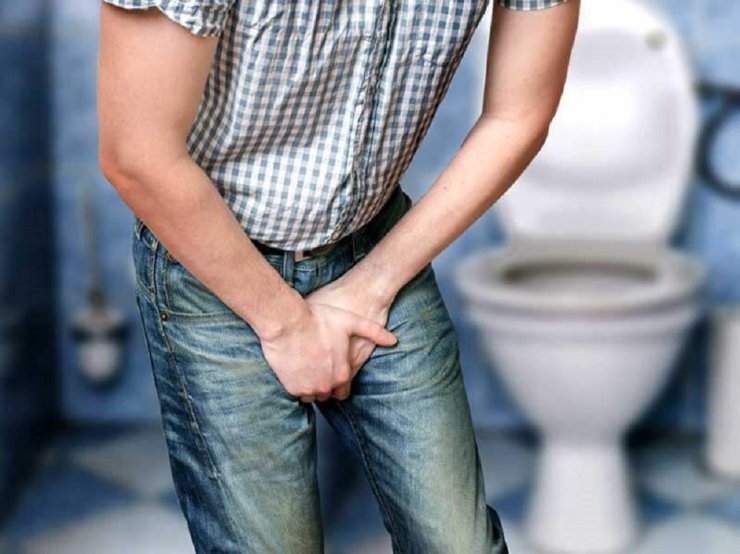Have you ever experienced difficulty in urinating? This condition, also known as urinary retention, affects millions of people worldwide, and it can be quite distressing. In this article, we will explore the various causes of urinary retention and how it can be treated.
What is Urinary Retention?

Urinary retention is a condition where you have trouble passing urine or emptying your bladder completely. It can occur in both men and women, but it is more common in men due to the structure of their urinary tract. Urinary retention can be acute or chronic, and it can have various causes.
Causes of Urinary Retention

There are several causes of urinary retention, including:
- Enlarged prostate gland
- Bladder or kidney stones
- Nerve damage
- Infections
- Medications
- Pelvic organ prolapse
- Constipation
Symptoms of Urinary Retention

The symptoms of urinary retention may include:
- Difficulty starting to urinate
- Weak urine stream
- Frequent urination
- Feeling like the bladder is still full even after urinating
- Pain or discomfort in the lower abdomen or back
Diagnosis of Urinary Retention

If you are experiencing symptoms of urinary retention, you should see a doctor immediately. They will conduct a physical exam and may order some tests, such as a urine test, blood test, ultrasound, or cystoscopy, to determine the cause of your symptoms.
Treatment of Urinary Retention

The treatment of urinary retention depends on the cause of the condition. Some common treatments include:
- Medications to relax the bladder muscles or shrink the prostate gland
- Catheterization to drain the bladder
- Surgery to remove blockages or repair damaged tissues
- Lifestyle changes, such as reducing fluid intake or avoiding alcohol and caffeine
Prevention of Urinary Retention

Some ways to prevent urinary retention include:
- Drinking plenty of fluids to keep the bladder healthy
- Avoiding alcohol and caffeine, which can irritate the bladder
- Not holding urine for too long
- Treating underlying medical conditions that can lead to urinary retention
Conclusion
Urinary retention can be a distressing condition, but it is treatable. If you are experiencing symptoms of urinary retention, seek medical attention immediately to determine the cause and receive appropriate treatment. With proper treatment and prevention measures, you can manage urinary retention and maintain a healthy bladder.